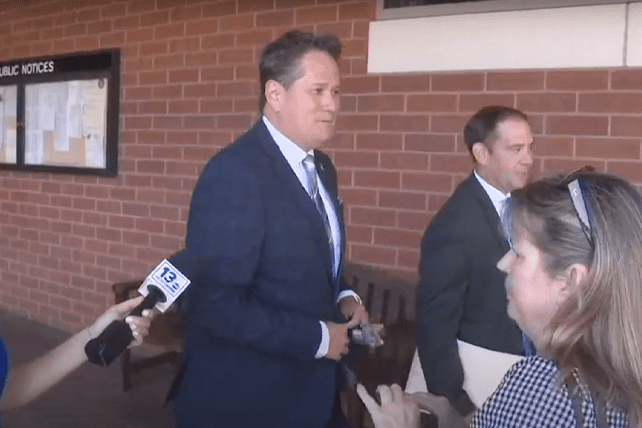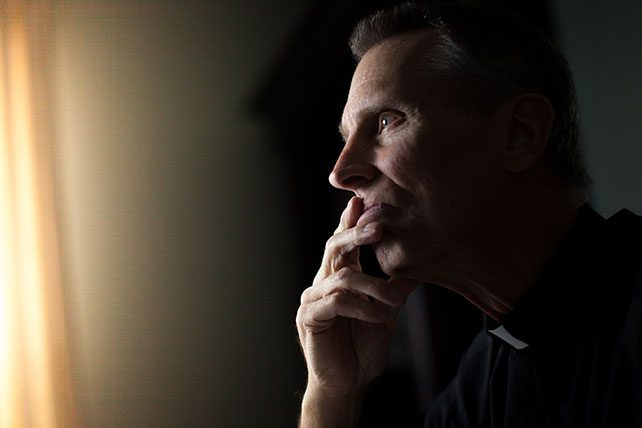God wants you to be an agent of mercy in the world. Everyone needs mercy because everyone has messed up. We’ve all hurt other people and made mistakes. We’ve all sinned and we all have hurts, habits and hang-ups as a result of the mistakes we’ve made. Mercy changes the lives of people who have made mistakes, and we who have received mercy freely can change the world around us when we show mercy to others.
4 Reasons to Show Mercy to Others
1. Show mercy to others because God has been merciful to you.
The Bible says that God is merciful. It is emphasized all through the Bible. There are literally hundreds and hundreds of verses that talk about God’s mercy and his love, his compassion, and his grace.
Ephesians 2:4-5 says, “God’s mercy is so abundant, and his love for us is so great, that while we were spiritually dead in our disobedience he brought us to life with Christ. It is by God’s grace you have been saved” (GNT).
The point of that Scripture is this: God wants me to act in the same way to other people.
2. Show mercy to others because God commands you.
In Micah 6:8, God speaks through the prophet to give us three big instructions for our lives. “The LORD has told you what is good, and this is what he requires of you: to do what is right, to love mercy and to walk humbly with your God” (NLT).
God says if you want a summary of what life’s all about, and if you’re going to be in his family, this is what’s required of you: You need to do what is right with others, to love being merciful to others and to live humbly in fellowship with God.
One third of God’s requirement for you on this planet is to learn mercy. Why? Because God is merciful.
3. Show mercy because you’re going to need more mercy in the future.
You’re not going to be perfect between now and when you get to Heaven. The Bible tells us we cannot receive what we are unwilling to give.
James 2:13 says, “You must show mercy to others, or God won’t show mercy to you… But the person who shows mercy can stand without fear at the judgment” (NCV).
Don’t you want to be able to do that on judgment day? To be able to stand without fear on judgment day? It says the person who shows mercy can stand without fear on the judgment day.
It isn’t the people who have kept more rules than anyone else who get to face their eternity with the greatest confidence. It is believers who have shown mercy to other people.
4. Show mercy because it causes happiness.
To show mercy is to bring happiness. The Bible teaches over and over that the more merciful I am, the happier I’m going to be.
Proverbs 14:21 says, “If you want to be happy, be kind to the poor; it is a sin to despise anyone” (GNT).
Being kind to other people actually blesses you and makes you happier in life. And mercy certainly produces greater joy in those to whom you’ve shown it.
Would you rather live in a world that is harsh or a world where the people around you value mercy?
You get to help shape a world of mercy around you and allow more people to find freedom from their past when you’re willing to show mercy.
This article originally appeared here.
























